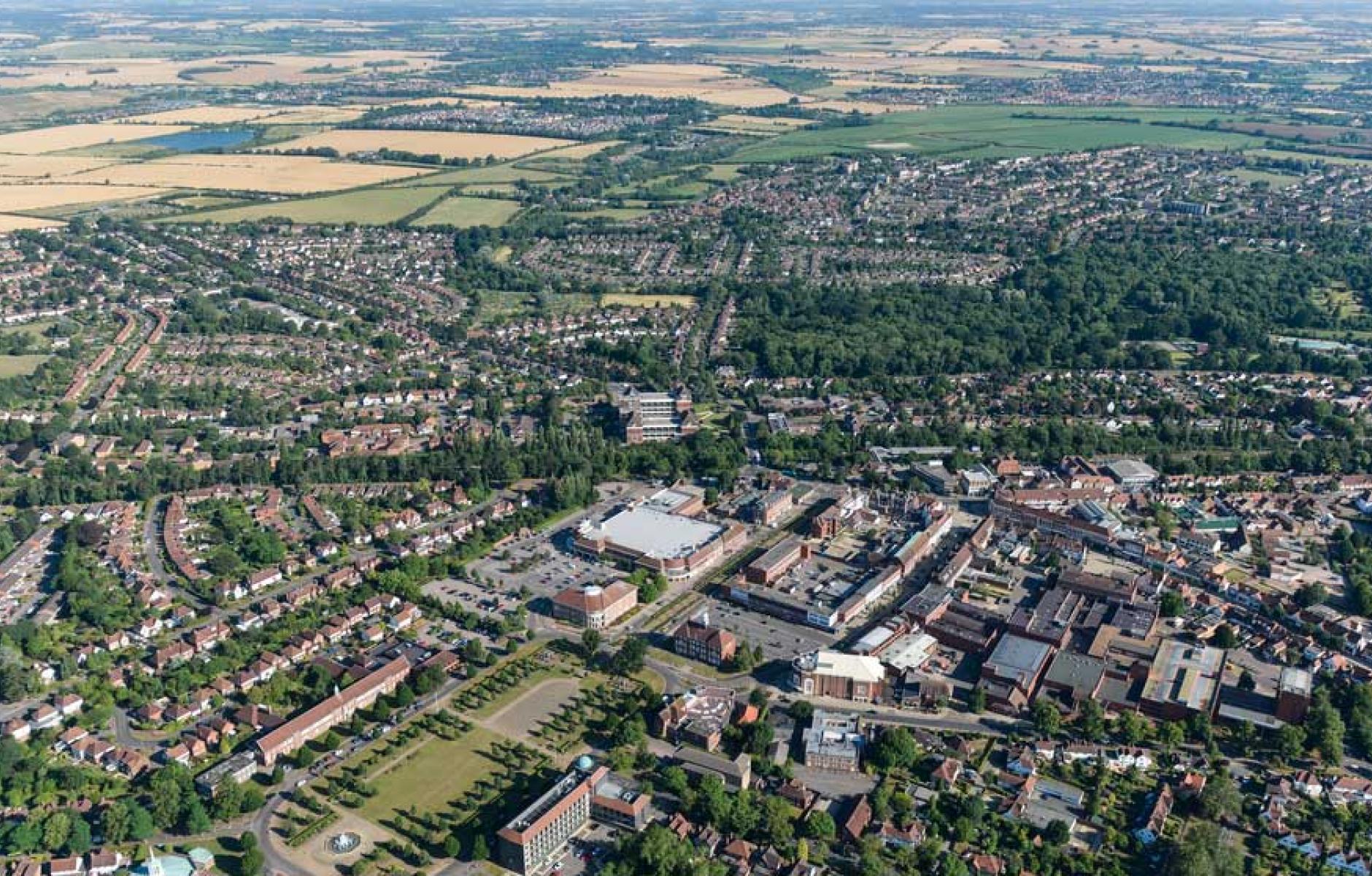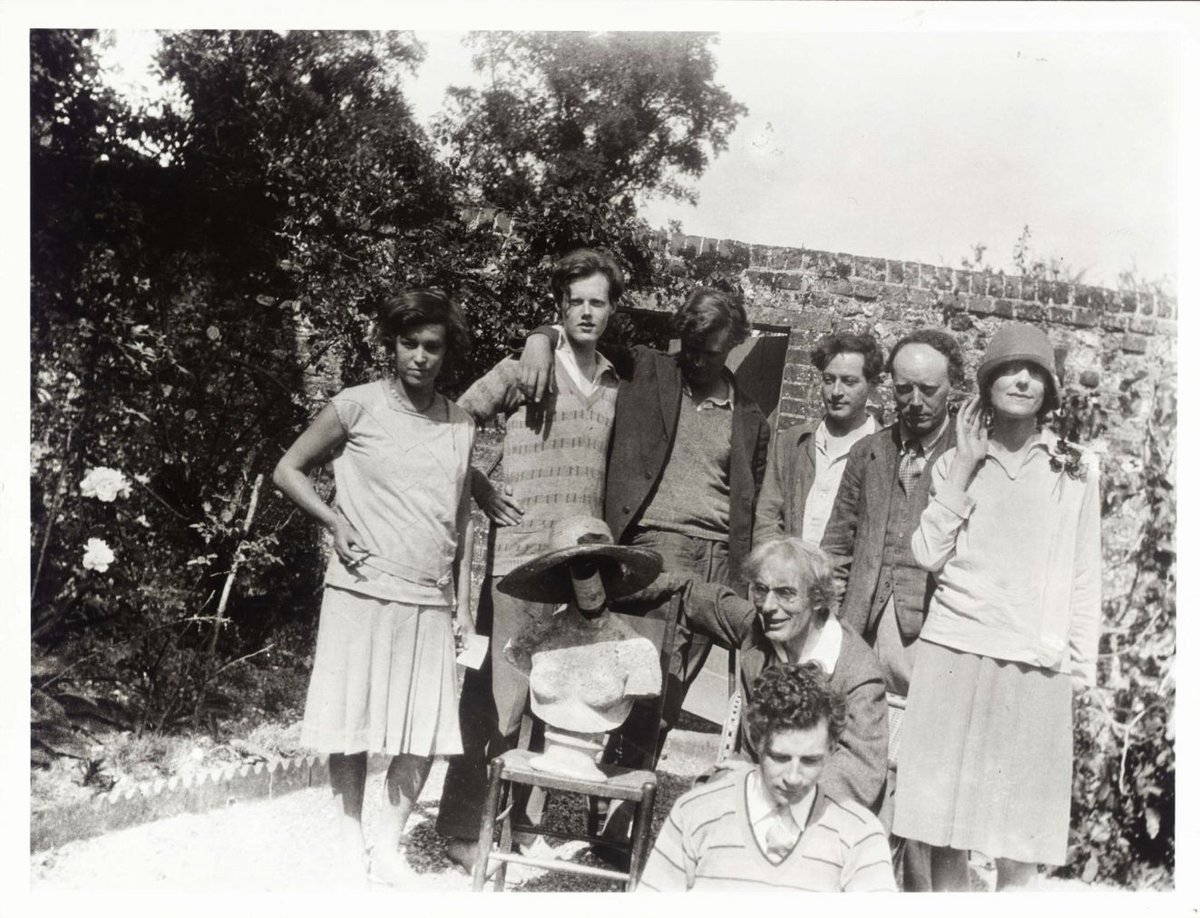Steps towards a better world
Posted on 03 Mar 2022 Categories: Blog, New democratic models, New economic models, Our vision, The society we want, Conversations towards a better world
by Barry Knight
Written at the outset of the pandemic, #BuildBackBetter showed how being forced to slow down had made people want a different future. Having a profound sense of vulnerability made people see that love matters more than money. Society, people said, should be organised around the principle of flourishing lives rather than material goods. Life is not about who has the most toys when you die, but about relationships with family and friends. We must move towards a better world.
Two years on, hopes of a kinder world have floundered. Rather than becoming fairer, the two-century-long ‘high inequality–high poverty’ cycle has accelerated(1), and no clear pathway has emerged to deal with the maelstrom of issues confronting us before the pandemic. We still face environmental degradation, reduced social safety nets, deregulation of planning, fragmented communities and an inability to find consensus about solutions to the growing problems.
Political extremism and the failings of leaders mean that governments are not addressing the poly-crisis in any meaningful way. Indeed, easing Covid restrictions means business as usual, and a return to the model of extractive capitalism that caused the problems in the first place.

To address whether there is any prospect of success for an agenda based on flourishing lives, Rethinking Poverty and TCPA (the Town and Country Planning Association) have started the ‘Letchworth conversations’. As part of this, ten highly creative people met for a two-day retreat in November 2021. A report of the meeting, Developing a shared framework for a hopeful future, is here.
The conclusion of the retreat is that lack of cooperation between organisations with a progressive agenda means that this agenda has little prospect of success. This, combined with the morale-sapping experience of the pandemic, means that people working for progressive change are experiencing collective depression. Despite many years of hard work, there is little to show for all of their efforts.
Civil society organisations are trapped in an endless project cycle that runs: (a) develop a project, (b) find funding, (c) conduct the work, (d) publish a report, (e) launch the report, (f) develop a project. The cycle keeps an industry going but means its effects rarely spread beyond the liberal elites. And even here, the effects are limited because much of the effort is about ‘branding’ an idea in order to stay ahead of the competition, rather than trying to achieve changes that influence the system or improve the lives of the mass of people. Witness the many labels given to the social economy that describe essentially the same thing. The way that think-tanks, philanthropies and civil society organisations organise for positive social change is deeply flawed.
To escape from this, the Letchworth conversations recognised the importance of finding a new moral imagination to develop a new model of society(2). The session drew heavily on the idea of ‘natural systems’ or ‘ecosystem development’ as a way of developing a model that favours flourishing lives. Garden Mind by Sue Goss was particularly helpful in framing this, as was work by Margaret Wheatley and Deborah Frieze in a paper called Using emergence to take social innovation to scale(3).
But even if you have good ideas, how can you get traction for them? The idea that a small group of citizens can influence large-scale system change is far-fetched. Yet, consider the quotation attributed to Margaret Mead:
‘Never doubt that a small group of thoughtful, committed, citizens can change the world. Indeed, it is the only thing that ever has.’
Furthermore, remember the living wage campaign started in someone’s front room in East London. Arnold Toynbee’s theory of history suggested that civilisations develop in different ways due to their different environments and different approaches to the challenges they face. Critical to development are ‘creative minorities’ – the people who find solutions to the challenges, which others then follow(4). This approach has been validated by sociologist Randal Collins, who has completed studies of the value of small networks in social progress. He describes their significance as follows:
‘The most important pattern for the emergence of new thinking has remained the same down the centuries and millennia … the network. The progress of thought, knowledge and ability in well-connected, related groups of intellectuals.’(5)
An example would be the Bloomsbury Group. This was a group of English writers, intellectuals, philosophers and artists who lived, worked or studied together near Bloomsbury, London, during the first half of the 20th century. This loose collective of friends and relatives included Virginia Woolf, John Maynard Keynes, E M Forster and Lytton Strachey. Their works and outlook deeply influenced literature, aesthetics, criticism and economics as well as modern attitudes towards feminism, pacifism and sexuality.

The modern jargon for this approach is a ‘micro-community’. This is a small group of people who are cohesive on the inside and porous on the outside who can connect more broadly to other influencers who can begin to change things towards a new tipping point.
The influence of circles like these is a sort of parallel to Adam Smith’s ‘hidden hand’ effect in the economy. The ideas of those in the vanguard are gradually accepted and popularised and become part of the general corpus of thought and ideas. To put this in the language of ‘systems change’, we seek to reduce the disjointedness of so many ‘competing’ initiatives with a more compelling force or ‘system of influence’. To do this, we need to develop coherent narratives that can win popular support.
So, the question becomes, ‘can we create a safe space where people can be creative and authentic and use their moral imagination to build towards a longer-term future?’
What I am suggesting is a journey in which we trust the process to develop a product that will help us find a new way of being, thinking, feeling and doing that helps us to establish ‘flourishing lives for all’ as the main criterion for the success of a society. This is quite different from the model we have at the moment, which is based on the principle of economic exploitation of people and planet to produce economic growth. This is distributed in such a way as to benefit the rich, rather than ensuring that there is at least some element of fairness and looking after people who are vulnerable. This model is failing and can’t be fixed. It is obsolete and needs to be replaced.
A key principle will be to go where the energy is and to enjoy the process. The safe space we envisage involves being part of a convivial community where people share and learn from one another and connect to wider issues that matter for our world. This is an exercise in collective leadership where people find support, encouragement and a means of influencing others that goes beyond their immediate working environment.
We are concerned with questions such as:
- What would it take to grow the conditions in which people see the value of flourishing lives for all?
- How can we build trust in the civil society and funding sectors (eg by downplaying the restrictive forces of individual ego, institutional logo and preferred silo) and act bigger?
- How do we develop a compelling common message that carries weight among the majority of people?
We know that what we are doing raises more questions than answers but that is the nature of the creative space that we found together in Letchworth.
If you are interested in learning more about the Letchworth conversations towards a better world and would like to take part, please be in touch with me at barryknight@cranehouse.uk.
- Stewart Lansley (2021) The Richer The Poorer, Bristol University Policy Press
- John Paul Lederach (2005) The moral imagination: The art and soul of peacebuilding, Oxford University Press shows the power and technique of using moral imagination in difficult situations.
- The paper can be downloaded from here: https://margaretwheatley.com/articles/using-emergence.pdf. A helpful video showing the way the system works can be found here: https://www.youtube.com/watch?v=LQWKmtx8L2s
- A J Toynbee (1961) A Study of History, Oxford University Press. See also https://archive.dartmouthalumnimagazine.com/article/1961/12/1/has-america-neglected-her-creative-minority
- R Collins (2009) The sociology of philosophies, Harvard University Press.
Posted on 03 Mar 2022 Categories: Blog, New democratic models, New economic models, Our vision, The society we want, Conversations towards a better world

Basically what you have described as the main problem is capitalism. Capitalism has spawned populism and huge emphasis on self interest. The question is how do you change this, how do you create the desire for change as exemplified by the huge queues that took place for a copy of the Beveridge report- other than a world war?
PS the Bloomsbury group were influential but they were certainly an elite!